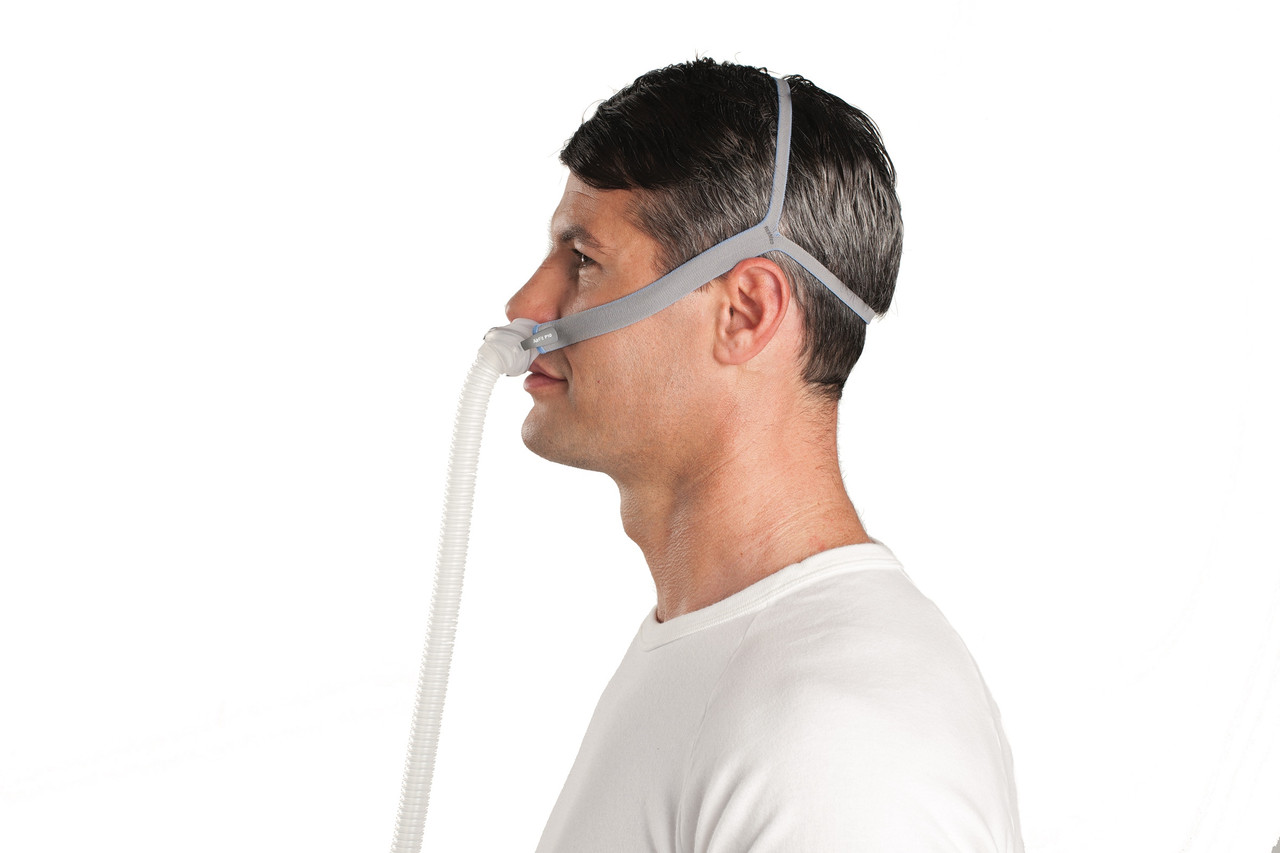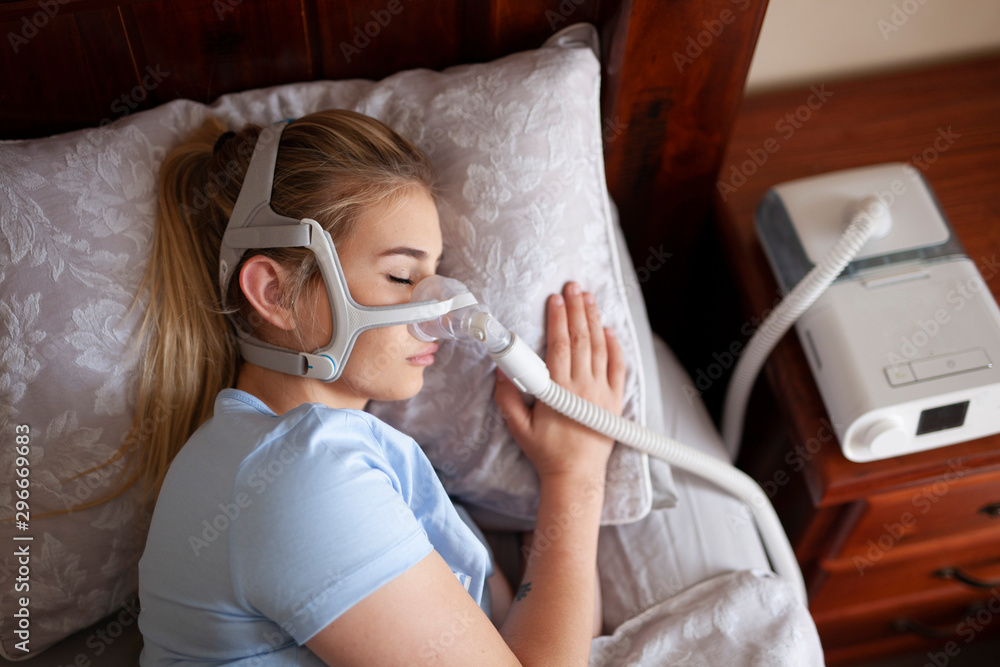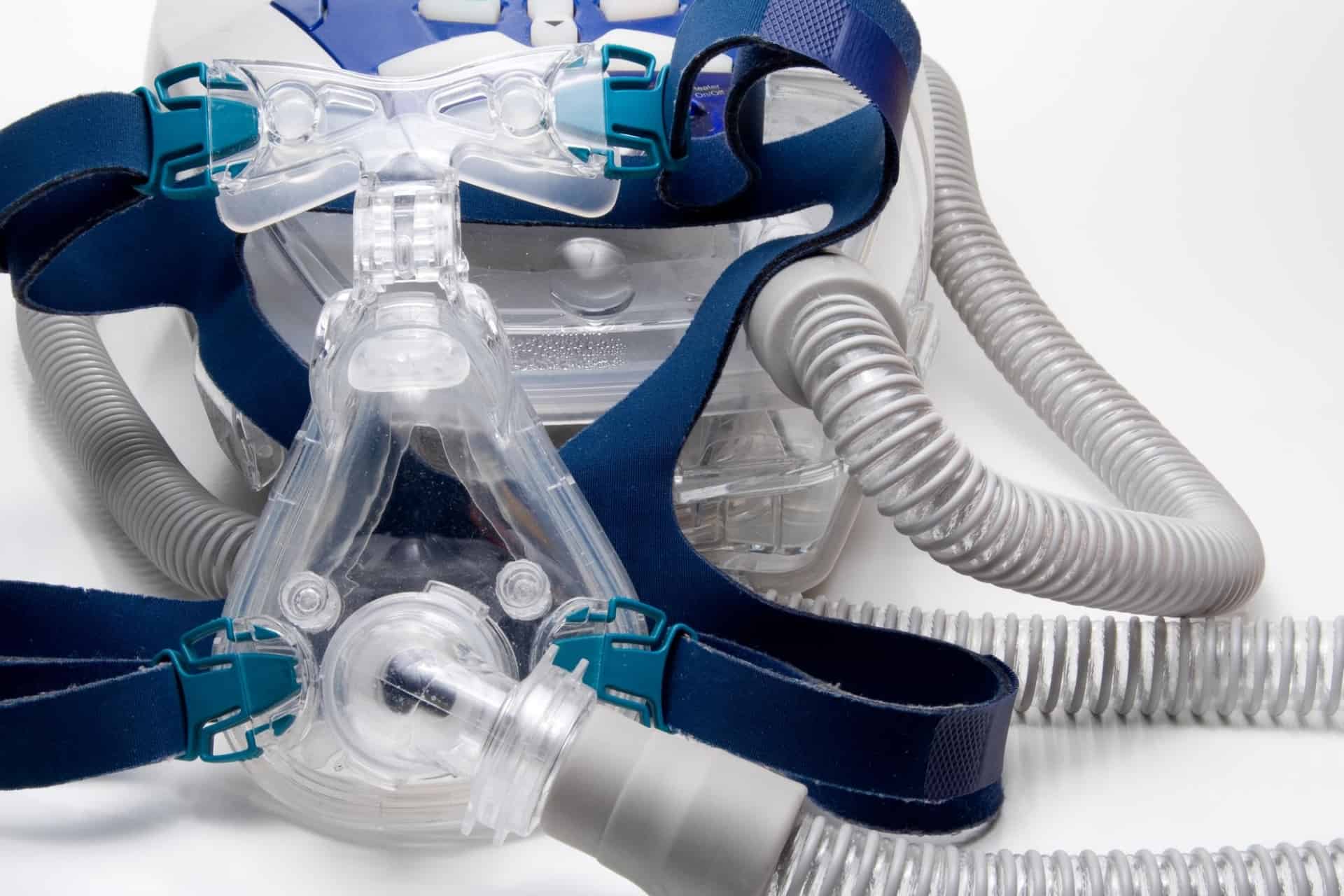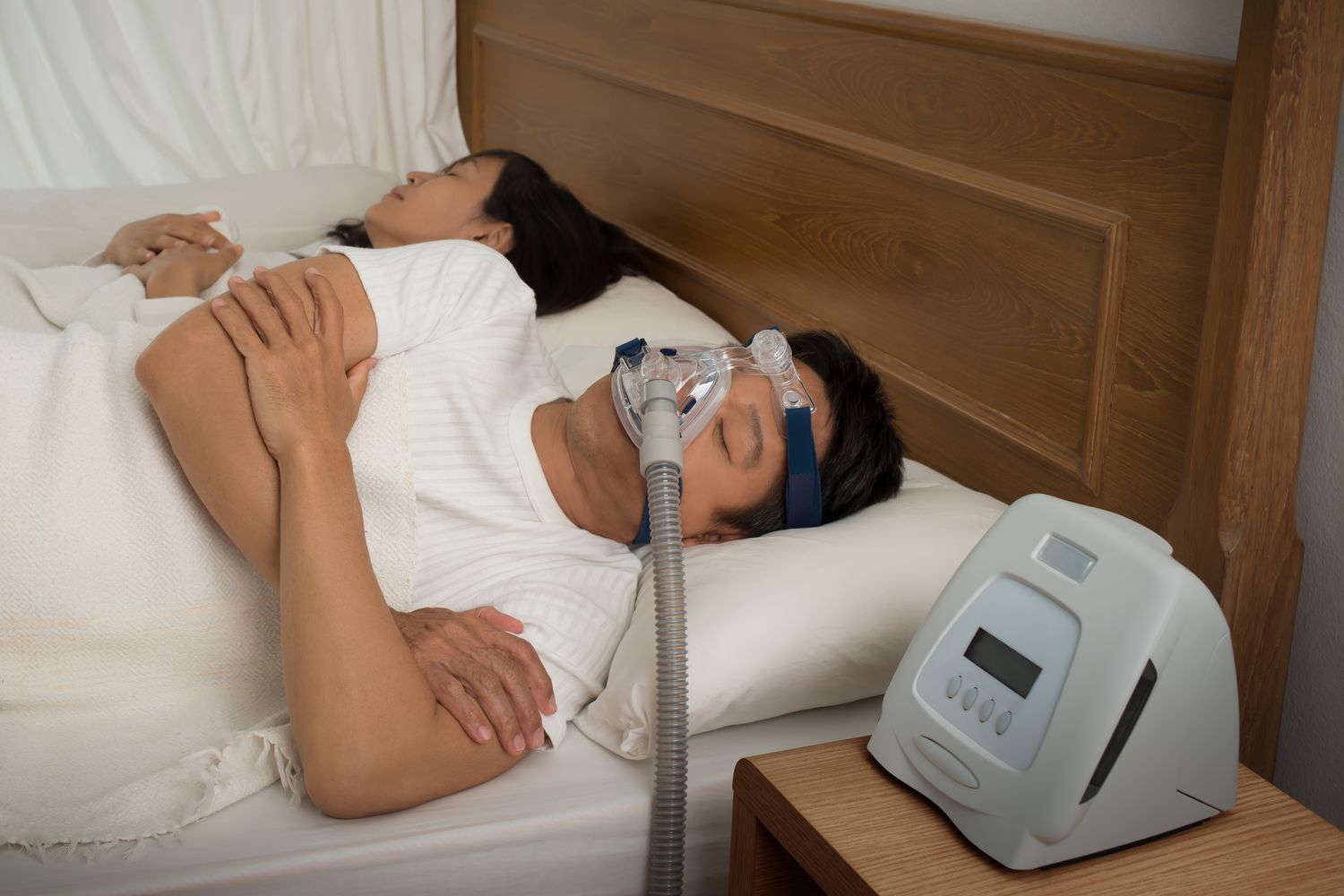CPAP masks are widely used for treating sleep apnea. And many patients believe that certain CPAP machines require specific styles of resmed masks.
However, the majority of CPAP resmed masks are designed to work with all types of CPAP machines, making it all the more important to select the best mask for you.
When it comes to choosing among the 200+ CPAP resmed masks currently on the market, the best way to narrow down your choices is to determine which one will best suit your needs. Obstructive sleep apnea can be treated with nasal pillow masks, nasal masks, and full face masks, so you’ll need to decide which one will provide the most comfort for you.
CPAP therapy has become increasingly popular, so you can easily find CPAP resmed masks for sale that fit your budget. Finding the right CPAP mask can be a challenge. But by understanding the different CPAP mask categories and taking into account your facial structure and type of sleep apnea, you can find the perfect mask for you.
CPAP Therapy: What Is It?
Continuous Positive Airway Pressure (CPAP) therapy is a common treatment for those with breathing difficulties. These difficulties include sleep apnea, preterm babies in the NICU, and obstructive sleep apnea. CPAP machines maintain a steady air pressure level and typically include:
- a base
- washable filter, hose
- and a mask with some systems having external CPAP batteries and power cables.
There are various CPAP masks available, such as nasal pillow masks, nasal masks, face masks, and more, which are designed to treat sleep apnea and other breathing issues. When choosing the right CPAP mask, it is important to consider the best type for your specific needs, as some masks are more effective than others. CPAP machines and masks can be purchased online or at a medical supply store. You can also get about CPAP masks recycling on https://sleepingpillsonline24x7.com/can-i-recycle-my-cpap-masks/
Various CPAP Machine Types
For treating sleep apnea, there are three primary kinds of CPAP devices. You should get advice from your doctor on which one is best for you.
CPAP devices
If you are having symptoms of sleep apnea, such as snoring, heavy breathing, suddenly waking up gasping for air, and feeling oxygen deprivation, a sleep specialist may suggest you try a CPAP (Continuous Positive Airway Pressure) machine. The most popular tool for treating sleep apnea is a CPAP machine, which provides a constant air pressure to keep your airway open while you sleep.
To ensure you can breathe comfortably, it’s important to choose right. You need the right mask and mask frame, such as a full face mask, nasal pillows, or nasal cradle cushion. Philips Respironics offers masks with silicone cushions and frames that fit all face types, including those with facial hair or those who wear glasses. Depending on your needs and sleeping position, your sleep therapy provider can help you find the best mask type for you.
BiPAP devices
BiPAP (Bilevel Positive Airway Pressure) is a ventilator, similar to CPAP, with one major difference. CPAPs can cause difficulty exhaling for sleep apnea sufferers, as the airflow is not enough to push against the incoming air. BiPAP machines, however, helps the user to maintain a positive airflow during inhalation and exhalation.
Other conditions that may call for BiPAP therapy include asthma, pneumonia, neurological conditions, post-operative recuperation, and other lung issues caused by obesity or cardiac conditions. When using BiPAP, one must choose the right mask type, such as nasal pillows, full face masks, nasal cradle cushions, and mask frames.
People who wear glasses, have facial hair, or are mouth breathers may opt for a silicone cushion to ensure a comfortable fit. The position of sleep and the level of constant air pressure must also be taken into consideration by a sleep specialist when setting up the Philips Respironics machine. With the right mask and air pressure, BiPAP users can breathe comfortably throughout the night.

Selecting Your Ideal CPAP Mask
It is important to take the time to select the right CPAP mask for you when treating respiratory disorders. With constantly evolving technology, masks can be transferred from device to device. For example, a ResMed AirFit can be used for those with a deviated septum or for side sleepers. The ResMed AirMini can help those who have trouble breathing through the nose or mouth, or those who feel claustrophobic wearing the headgear. CPAP machines are a worthwhile investment, as they allow you to sleep peacefully and watch TV without air leakage.
The 7 Types of CPAP Masks
- Nasal masks are excellent for those who primarily breathe through their nostrils since they encompass your nose but not your mouth.
- Full-face masks shield the mouth and nose.
- Nasal pillow masks don’t cover anything except the nostrils and the space surrounding them.
- Nasal prong masks have a seal that extends further within the nostrils than nasal pillow masks do.
- Hybrid masks combine the advantages of a nasal pillow mask with a full face mask.
- Patients who primarily breathe through their lips benefit most from oral masks since they simply cover the mouth and leave the nostrils exposed.
- Total face masks cover the full face, including the forehead, chin, and ears.
CPAP masks need to be changed approximately every six to twelve months, but components can be switched out to extend the lifespan. If the frame or head strap of your mask is too small or big, individual components can be replaced for improved comfort. Most CPAP masks are available worldwide, so you can find the best CPAP mask for yourself by understanding your diagnosis, knowing the type of CPAP machine you need, and considering all the CPAP mask categories.

Buying one good mask and replacing components when needed is a cost-effective approach, as the interchangeability of CPAP masks is one of their best features. Thankfully, all types of CPAP do not require specialized masks to be purchased. Easy Breathe offers a wide range of full face masks, nasal masks, and nasal pillow masks to help with treating sleep apnea and obstructive sleep. Finding the right CPAP mask, which will provide the most comfortable therapy and reduce symptoms, is easy with all the CPAP masks for sale.
CPAP masks are an important tool for treating sleep apnea, and luckily, they’re interchangeable. You can experiment with a variety of CPAP masks until you find the one that works best for you. You may opt to switch from a full face mask to a nasal pillow mask after a few months of CPAP therapy, without having to replace the machine.
This is a great benefit of CPAP masks, as you have control over which one you wear and can go to Easy Breathe to get a new mask system if you need. With CPAP masks, you don’t have to worry about being stuck with something you don’t like, unlike many other aspects of life such as your family composition, the weather, your in-laws, or the success of your football team.
The numerous CPAP mask categories available, such as nasal masks, nasal pillow masks, and face masks, give you the opportunity to find the right CPAP mask for you and your obstructive sleep apnea.
Final thoughts
CPAP masks are essential for treating sleep apnea and are widely used. Patients with sleep apnea often think that a specific style of mask is required for each CPAP machine.
However, the majority of CPAP masks are compatible with all CPAP machines, so it is vital to find the one that’s best for you. CPAP masks come in a range of categories, such as nasal, nasal pillow and face masks, and there are CPAP masks for sale to suit everyone.
Obstructive sleep apnea can be treated effectively with the right CPAP mask, so it is worth taking the time to find the perfect one.





